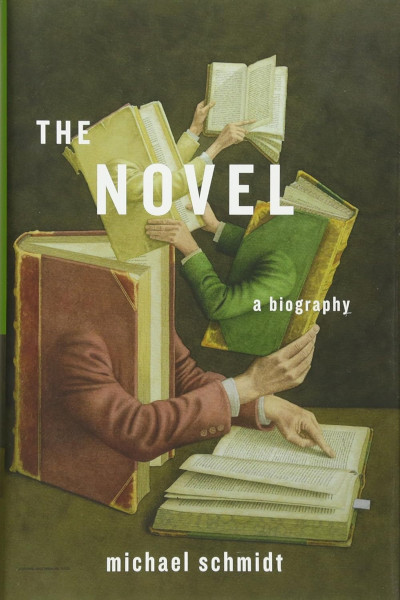

Most ebook files are in PDF format, so you can easily read them using various software such as Foxit Reader or directly on the Google Chrome browser.
Some ebook files are released by publishers in other formats such as .awz, .mobi, .epub, .fb2, etc. You may need to install specific software to read these formats on mobile/PC, such as Calibre.
Please read the tutorial at this link: https://ebookbell.com/faq
We offer FREE conversion to the popular formats you request; however, this may take some time. Therefore, right after payment, please email us, and we will try to provide the service as quickly as possible.
For some exceptional file formats or broken links (if any), please refrain from opening any disputes. Instead, email us first, and we will try to assist within a maximum of 6 hours.
EbookBell Team

4.7
106 reviewsLike his hero Ford Madox Ford in The March of Literature, Schmidt chooses as his traveling companions not critics or theorists but “artist practitioners,” men and women who feel “hot love” for the books they admire, and fulminate against those they dislike. It is their insights Schmidt cares about. Quoting from the letters, diaries, reviews, and essays of novelists and drawing on their biographies, Schmidt invites us into the creative dialogues between authors and between books, and suggests how these dialogues have shaped the development of the novel in English.
Schmidt believes there is something fundamentally subversive about art: he portrays the novel as a liberalizing force and a revolutionary stimulus. But whatever purpose the novel serves in a given era, a work endures not because of its subject, themes, political stance, or social aims but because of its language, its sheer invention, and its resistance to cliché—some irreducible quality that keeps readers coming back to its pages.